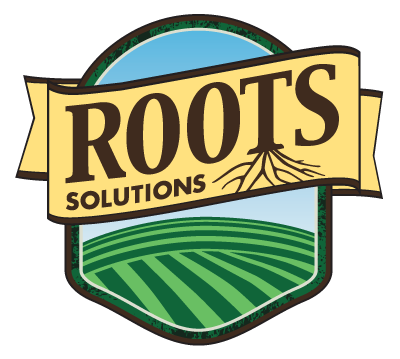What is a cooperative?
The basic definition is “a jointly owned enterprise engaging in the production or distribution of goods or the supplying of services, operated by its members for their mutual benefit”. They have seven common tenets, based upon the Rochdale Principles:
- Voluntary and open membership
- Democratic member control
- Economic participation by members
- Autonomy and independence
- Education, training and information
- Cooperation among cooperatives
- Concern for community
Specifically, ROOTS Solutions is a worker-cooperative, which means that the workers are also the owners. Alvarado Street Bakery is also a worker cooperative. R.E.I. is a consumer cooperative. Land O’Lakes is an agricultural cooperative, as are Ocean Spray and Tillamook County Creamery Association.
How do they work?
On an “economic stability” level, they typically fail less often than any other kind of company, including corporations. Due to their greater focus on societal concepts, and lesser focus on pure profit, they tend to not fail as often, and also buffer the negative effects of recessions and bubbles. As for the day to day running of the cooperative, it can be very similar to running any other company. There is still a functional need for the duties of corporate officers, managers, and workers. There tends to be less stratification, however.
You may have noticed a lot of hedging in word choice. That’s on purpose, because, like companies, cooperatives can be run and organized in various ways.
How are they different from a corporation?
In effect, it functions more or less just like any other company, except that the way it does so is very different. it’s a focus on the seven tenets that are a part of the definition of cooperatives. Corporations don’t (usually) have anything like them, and there is no regulation that will make a company follow them.But as they are a vital part of the definition and raison d’être for a cooperative to exist, there is an inherent incentive to keep them in mind when making decisions.
Cooperatives don’t utilize an authoritarian, top-down style of management, as a corporation does. It’s governing body is more horizontal, with an increased awareness and responsiveness to the needs of its members, who, in most circumstances, are also owners. “Democratic member control” is the key tenet here. There isn’t a nameless group of shareholders, scattered all over the world and in it only for the money. The shareholders are the members of the cooperative, with an actual stake in how the company is run. The concern for community also plays a part here: you won’t find a cooperative forsaking it’s role in the community.
History of Cooperatives
Worker cooperatives started near the beginning of the industrial revolution in Britain, with the work of Robert Owen and Charles Fourier, at the end of the 18th century. Both were interested in developing utopias, and thought that cooperatives were one step towards that goal. In 1844, the Rochdale Principles were developed, which are the basis of cooperatives today. The modern cooperative movement started in the 1960’s. As of 2012, one billion people were members of a cooperative, and cooperatives exist in just about every industry, including agriculture, banking, and manufacturing.
How do we become a co-op?
First, you need a vision of what you want, and why forming as a cooperative is better than an alternative style of company. A commonality of values between the founding members is important; as “Concern for community” states indirectly. Once you have determined that forming a cooperative is the right thing to do, there are several steps. As stated by the Small Business Association, you need to file Articles of Incorporation, optionally create bylaws, create a membership application, have a charter member meeting, elect directors, obtain any relevant licenses and permits, and hire employees. There will be paperwork!
Useful links
Wikipedia: Cooperative (Basic information about the various types of cooperatives)
Mondragón Corporation (A long-running, successful implementation of cooperative principles)
Alvarado Street Bakery (A worker cooperative in Sonoma County, CA)
Reddit newgroup: r/Cooperatives (An aggregation of articles, blogs, news, and comments about cooperatives)
“Labor is prior to and independent of capital. Capital is only the fruit of labor, and could never have existed if labor had not first existed. Labor is the superior of capital, and deserves much the higher consideration. Capital has its rights, which are as worthy of protection as any other rights. Nor is it denied that there is, and probably always will be, a relation between labor and capital producing mutual benefits.”—Abraham Lincoln, State of the Union Address, December 3, 1861.
